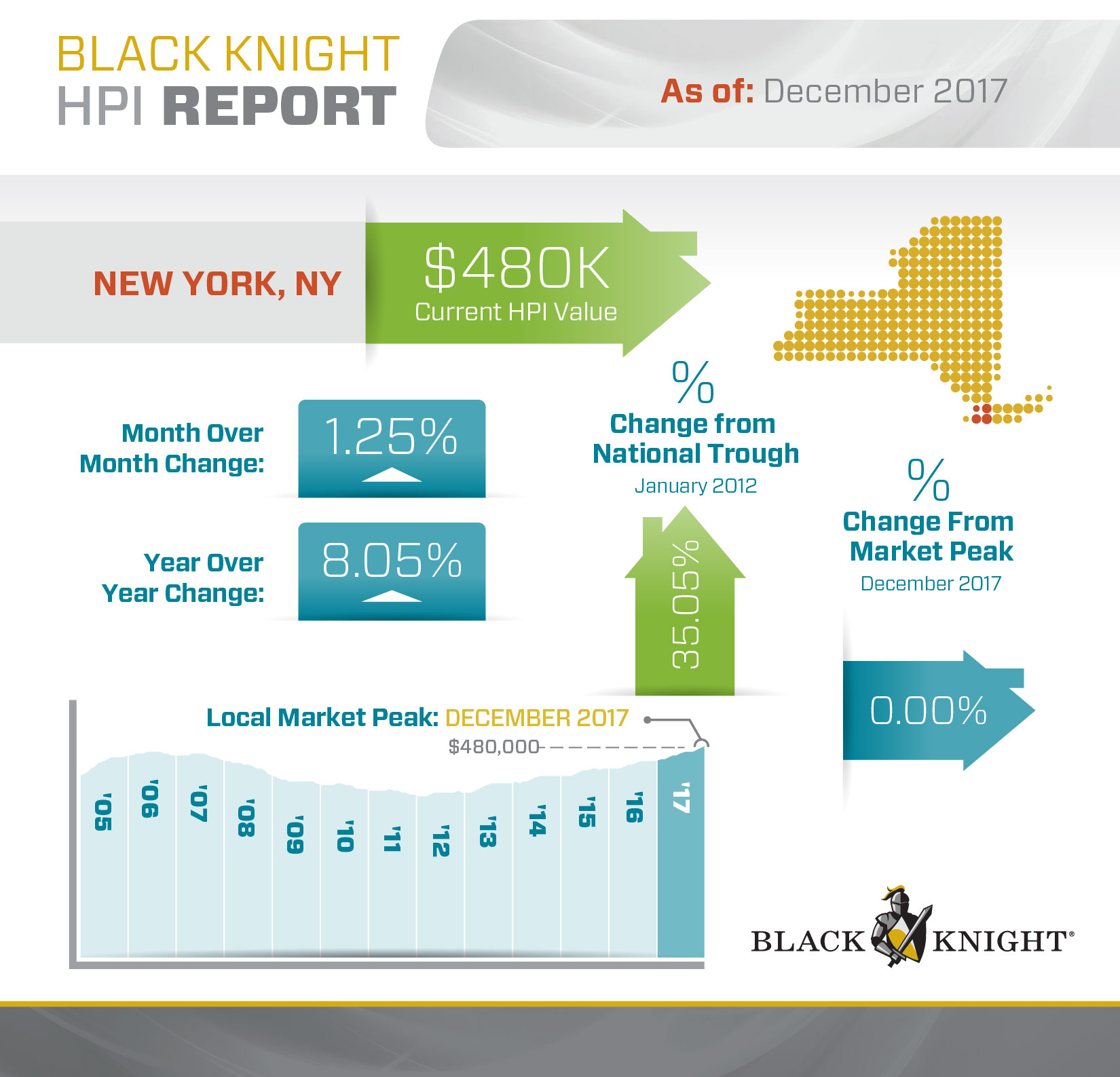From the Star Ledger:
We’ve got sure-fire plan to save small businesses from Trump tax law, N.J. lawmakers say
New Jersey lawmakers who are already offering up a scheme to save homeowners the state and property tax deduction gutted by President Donald Trump’s tax law now say they have a bulletproof plan to protect small business owners.
Under New Jersey’s current tax code, those who pay taxes on business profits through their personal income taxes — such as principals in S corporations, limited liability corporations and other partnerships — would be hit by the new $10,000 cap on imposed on state and local tax deductions as part of a federal tax overhaul.
…
Democratic and Republican lawmakers said they will introduce legislation to instead allow the business entity to pay the state income taxes of its principals, as corporations don’t face the same cap.
…
Small business owners in New Jersey reported their income this way until the 1990s, when it was revised to simplify the tax code, Sarlo said, saying that gave him confidence it would pass legal muster.
Also from the Star Ledger:
N.J. Senate President wants this tax increase to replace Murphy’s millionaires tax plan
After declaring his opposition to a tax increase on wealthy New Jersey residents, Democratic state Senate President Stephen Sweeney said Tuesday that state coffers can get the money they need by enacting a 3 percent surcharge on corporate income.
The increase in the state’s corporation business tax rate from 9 percent to 12 percent on businesses with more than $1 million in income is the Democrats’ latest counterpunch to federal tax reform that slashed taxes on corporations but limited the state and local taxes residents can deduct.
It’s also Sweeney’s alternative to a tax hike on millionaires that Gov. Phil Murphy, a fellow Democrat, is expected to propose as part of his first budget next week as he hunts for another $1 billion a year to pump into public schools.
…
Sweeney argued that the combination of a truncated state and local tax deduction — namely state income taxes and local property taxes — combined with a 10.75 personal income tax rate on income above $1 million would hammer taxpayers.But corporations were the big winners in federal tax reform, seeing their federal tax rate cut from 35 percent to 21 percent. And Sweeney said Tuesday New Jersey can get a piece of that windfall.
About 2,375 New Jersey corporations earn more than $1 million, and are on the hook for about $1.97 billion in taxes this year, according to the Senate President’s news release.
Sweeney said he expects the new 12 percent tax rate would bring in an additional $657 million in annual corporate tax revenue — roughly the estimated gains of a millionaire’s tax.
Businesses here are expected to save $2.9 billion as a result of the federal tax cut, and they retained their unlimited state and local tax deductions.

